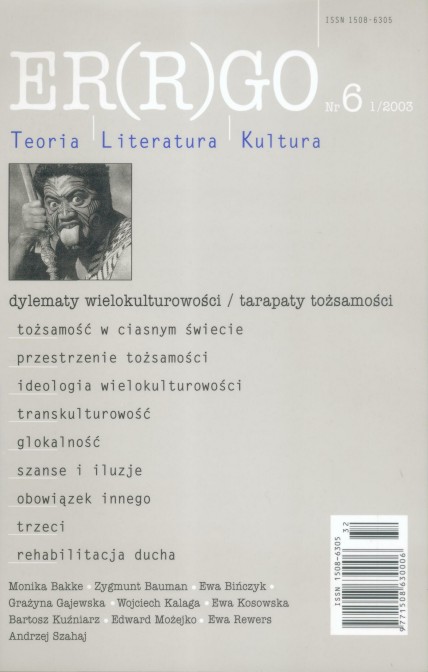Author(s): Brian Macaskill / Language(s): English
Issue: 01/2015
contrapuntal set of relationships some points of contact, crossing, disjunction, and synchrony among various border-voicings: literary, linguistic, musical, mathematical, autobiographical, and ethical. Its controlling technique is the inescapably abstract and general notion of fugal pursuit more particularly lodged in the etymological derivation of ‘fugue’ from fugere and fugare – to flee and to pursue or expel (to drive into exile). Although retaining its independence from ‘Fugal Musemathematics Track One’ (Points One and Two, the first two essay parts), this portion of the essay follows its numerically earlier antecedents, with which it shares an interest in the unexpectedness of the familiar. Track Two revisits and follows, in as fugal a writing-space as I am able to create, the orthographically-engineered and sometimes intestinal music of the ‘Sirens’ episode in James Joyce’s Ulysses, whose musical practice J.M. Coetzee contrapuntally pursues in his later fiction: here especially in The Lives of Animals and in Summertime. The essay pursues fugal writing and reading as a matter of placement, synchronization, and dehiscence: of bodies, of music, and of thought or seed spilling from within the dovetailed segments of text opening to one another. A particular concern on this occasion is the way synchronicity might be pursued through gendering, understanding this latter term to indicate, first, but not exclusively, a (familiar) process of sorting and placing into sexual categories, though not only and not always into groups of two: overlaps and exclusions demand more nuance. Gendered sorting, that is, and for instance, sorts not only into male and female; the neuter belongs by not belonging here too – hence the appearance of the castrati in these pages. So also are variously third or other categories summoned within these sorted page-sequences: biological, cultural, artificial, say; or temporal, spatial, fugal; human, animal, alien; ethics, politics, aesthetics. In order to pursue its prey, this essay – like its earlier two parts – has itself entered into exile, that word, space, and place Maurice Blanchot associates with literature, Kafka, and ‘the poetic condition’ (237), fleeing from the eminent domain of orthodoxly-governed argument even to the point of risking the exceptionable: whereby, for example, and for the sake and space and shape of its presentation, it eschews Chicago Style citation and makes (or takes) some sympathetic gestures (or liberties) in its spacing, while still conforming in most respects to the stylistic protocols of Word and Text
More...


